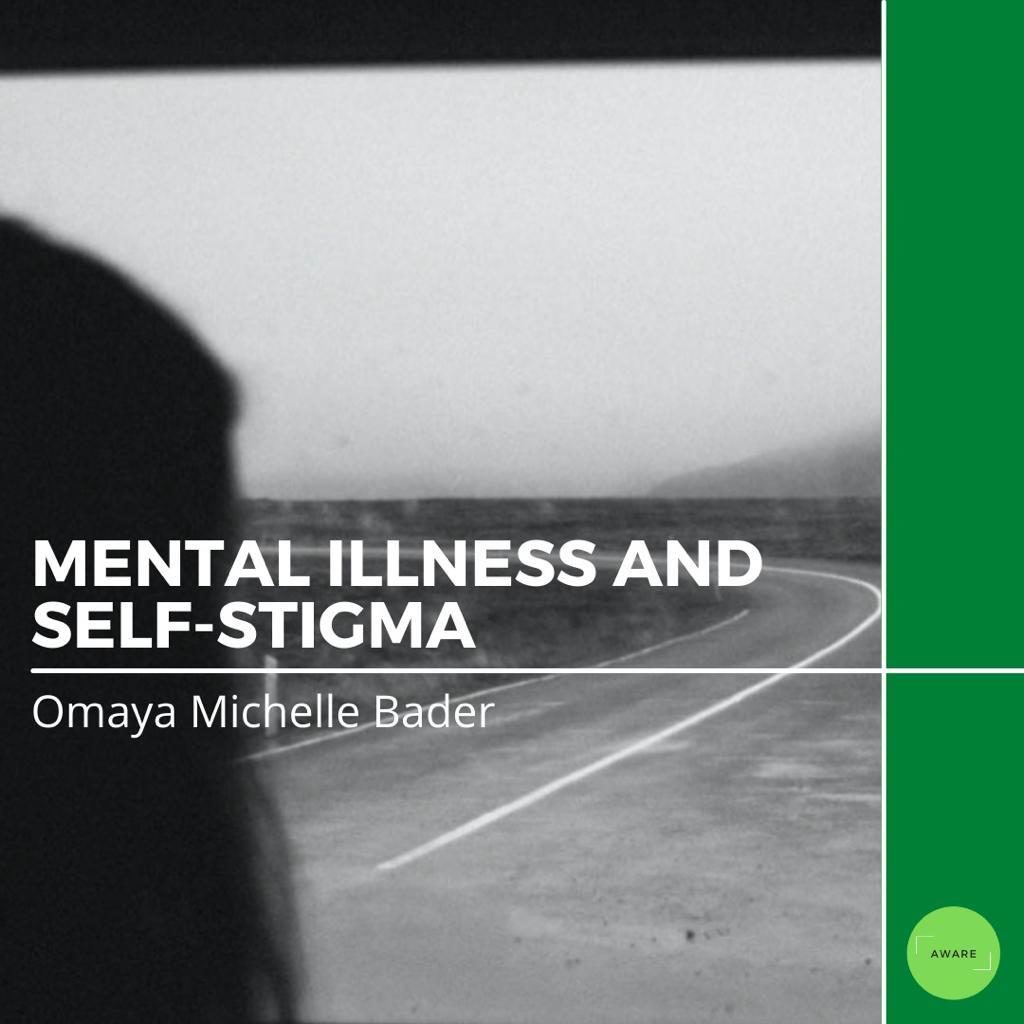It is no secret that there is a large stigma that revolves around the topic of mental illness, especially in Middle Eastern and North African societies. From public stigma, to stigma around getting help, to self-stigma – it is very prominent. While there is a global effort to fight mental health stigma and while there has been much progress made, the world still has a long way to go in this realm, but this starts from within.
To begin to overcome the stigma surrounding mental illness, we must first eliminate the stigma from within. According to the US National Library of Medicine, “self-stigma occurs when people internalize these public attitudes and suffer numerous negative consequences as a result and when people internalize these public attitudes, they suffer numerous negative consequences.”
What is Self-Stigma?
While acknowledging the role of societal and interpersonal processes involved in stigma creation, social psychologists study stigma as it is related to internal and subsequent behavioral processes that can lead to social isolation and ostracism. Self-stigma refers to the negative attitudes, including internalized shame, that people with mental illness have about their own condition.
With that being said, it is of great significance to understand that this self-stigma comes from external factors – for instance, the societal ideologies that have been formed based on stereotypes regarding mental illness.
How to Overcome Self-Stigma
Overcoming self-stigma can be difficult. Below are effective ways in which one can begin to do so, according to Mayo Clinic.
- Get treatment
You may be reluctant to admit to yourself that you need treatment. Do not let the fear of being labeled with a mental illness prevent you from seeking help. Treatment can provide relief by identifying what is wrong and reducing symptoms that interfere with your work and personal life.
- Do not let stigma create self-doubt and shame
Stigma does not just come from others. You may mistakenly believe that your condition is a sign of personal weakness or that you should be able to control it without help. Seeking counseling, educating yourself about your condition, and connecting with others who have mental illness can help you gain self-esteem and overcome destructive self-judgment.
- Do not isolate yourself
If you have a mental illness, you may be reluctant to tell anyone about it. Your family, friends, clergy, or members of your community can offer you support if they know about your mental illness. Reach out to people you trust for the compassion, support, and understanding that you need.
- Do not equate yourself with your illness
You are not an illness. So, instead of saying “I am bipolar”, say “I have bipolar disorder”. Instead of calling yourself a “schizophrenic”, say “I have schizophrenia”.
- Speak out against stigma
Consider expressing your opinions at events, in letters to the editor of a newspaper, or on the internet. It can help instill courage in others facing similar challenges and educate the public about mental illness.
